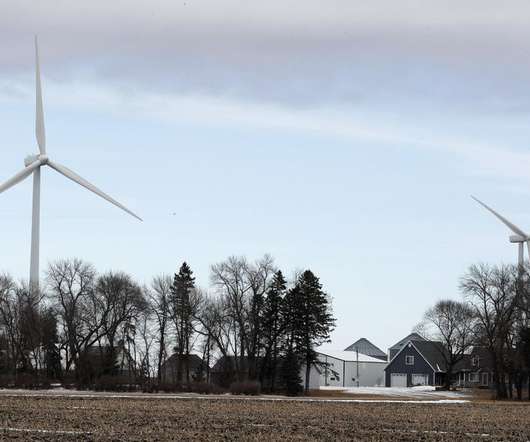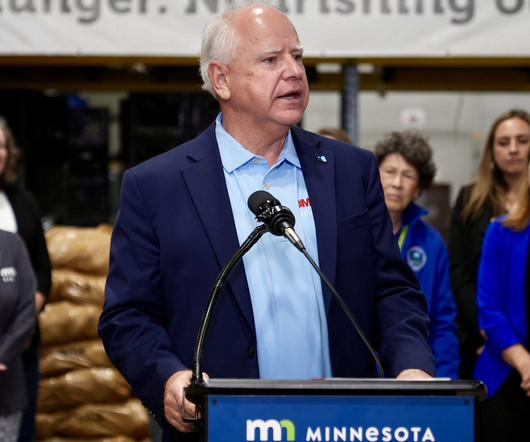Study finds removing corn residue for biofuel production can decrease soil organic carbon and increase CO2 emissions; may miss mandated 60% GHG reduction
Green Car Congress
APRIL 21, 2014
Using corn crop residue to make ethanol and other biofuels reduces soil carbon and under some conditions can generate more greenhouse gases than gasoline, according to a major, multi-year study by a University of Nebraska-Lincoln team of researchers published in the journal Nature Climate Change. Changes in SOC. g CO 2 e MJ ?1











Let's personalize your content